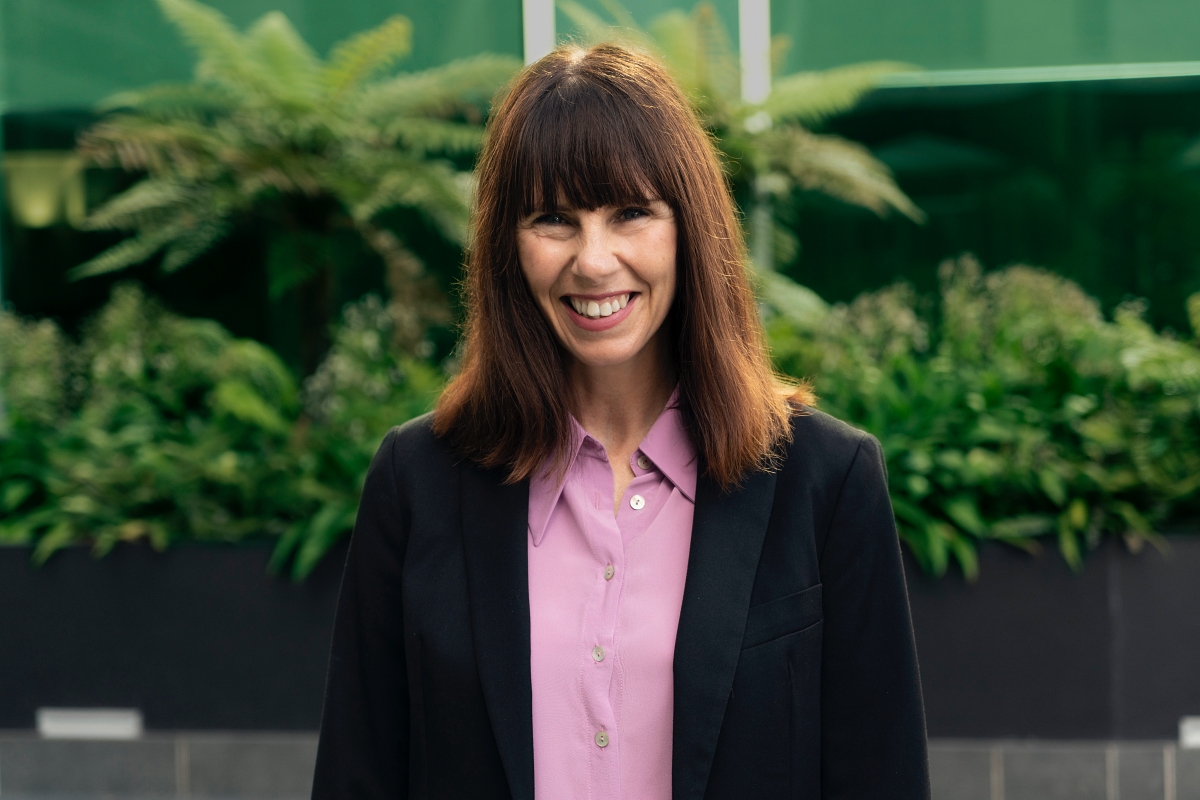
By Kiri Hannifin
Chief Sustainability Officer, Air New Zealand
Many kiwis, at some stage of our early adult lives, put on a backpack, leave New Zealand and don’t come back for a few years. We trip around SE Asia, work in London, live beside an overland train and take very cheap flights and trains around Europe – finally getting homesick and booking our flights back to Aotearoa.
And most of us during these years get a real appreciation for our beautiful country, and over countless pints, in countless countries, we tell people that ‘they must visit New Zealand’.
But the world is changing. Our climate is worsening, and at a rate far quicker than predicted. Over-consumption of the world’s resources and our failure to live within planetary boundaries has led to our worsening climate, a biodiversity crisis, ozone depletion, ocean acidification, freshwater scarcity and a range of other issues that threaten our existence.
We all need to take immediate and drastic action to protect what we love – including our land, and all that depends on her. Aotearoa’s tourism proposition is based on our magnificent natural assets.
But they are deteriorating.
Air New Zealand has a significant role to play. Carbon emissions have a very negative impact on our natural environment. We, and other transport providers, must decarbonise our operations to support the future of tourism in Aotearoa. Our carbon footprint in this sector is large.
Decarbonising aviation is extremely difficult. There are only a handful of levers available to us, and we’ll need all of them. One of the most important opportunities we have is using sustainable aviation fuel (SAF) as opposed to fossil derived fuel – which is what we use now. SAF, as we call it, is the only option for decarbonising long-haul flights. So we’re working with the Government to understand what it would take to create a SAF supply in New Zealand with the aim to be using 10% SAF by 2030.
Next generation aircraft technology is the other key lever. Due to Aotearoa’s geographical make-up and Air New Zealand’s short range, highly connected network, electric, green hydrogen or hybrid aircraft are a possibility. There’s a lot of hard mahi being done in this space globally so we’re working closely with partners who are developing different technology types to allow us to be a first mover when the time comes.
We also continue to modernise and simplify our fleet and ensure we’re operating efficiently. The more efficient we are in our operations, the less carbon we emit.
But if one thing is abundantly clear, it’s that becoming a more sustainable airline and tourism industry can’t be done alone. Air New Zealand is doing what it can, but we need a broad range of stakeholders to make our ambitions a reality.
We know there’s a lot of work to be done, and much of that work is behind the scenes researching, exploring, understanding and working with others to help push technology development along as quickly as we can. But that’s the reality of becoming more sustainable: many hours, and many small steps, all in the right direction towards a lower carbon future.


